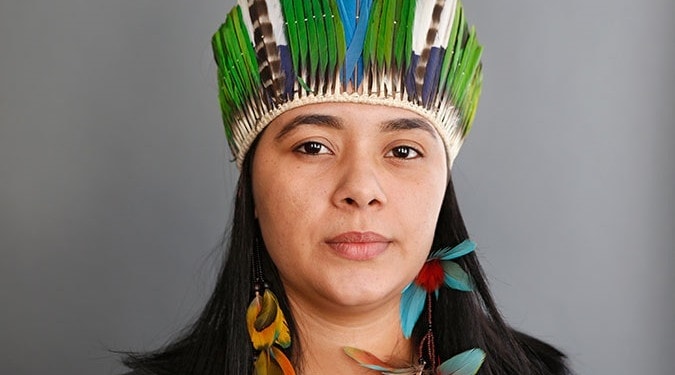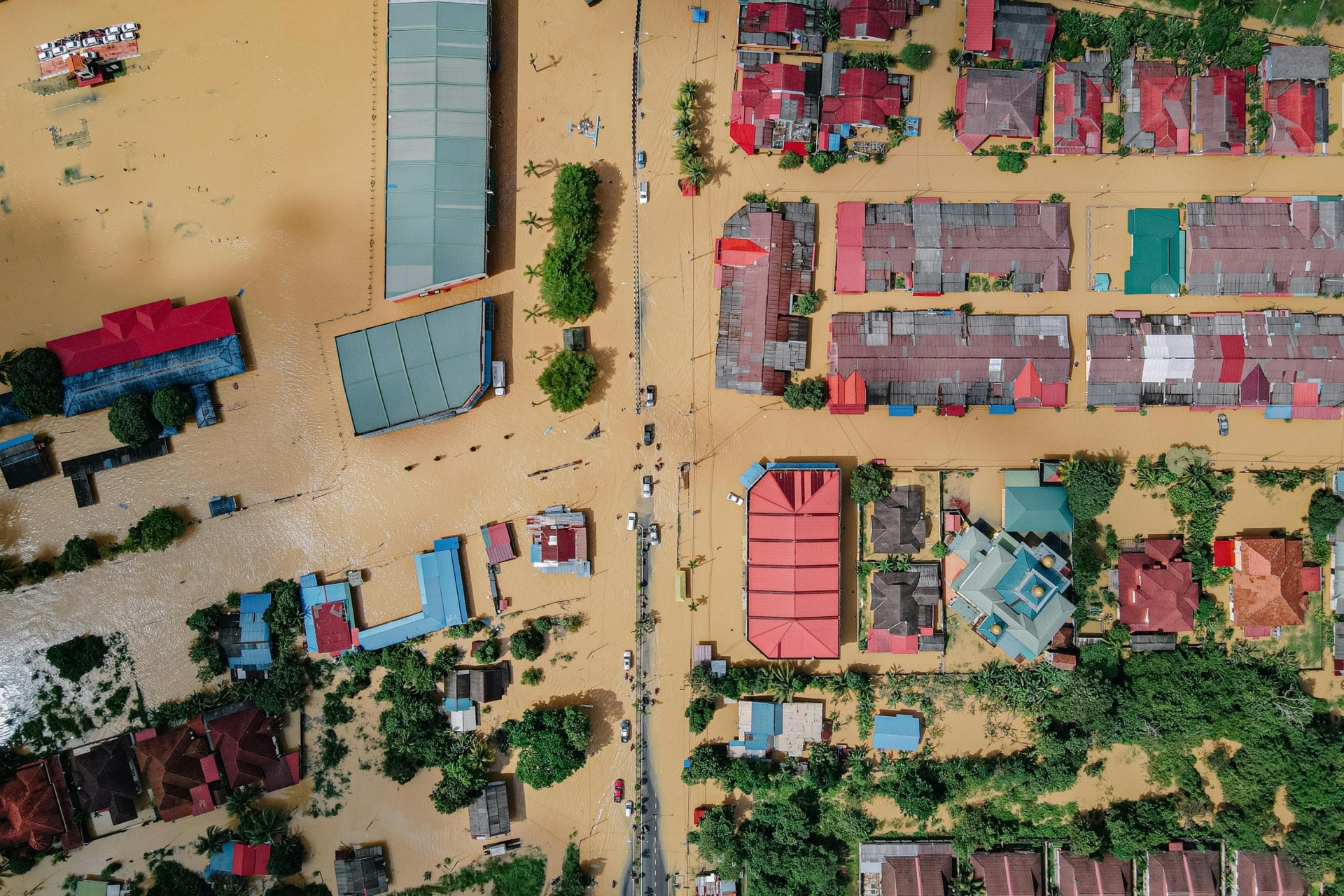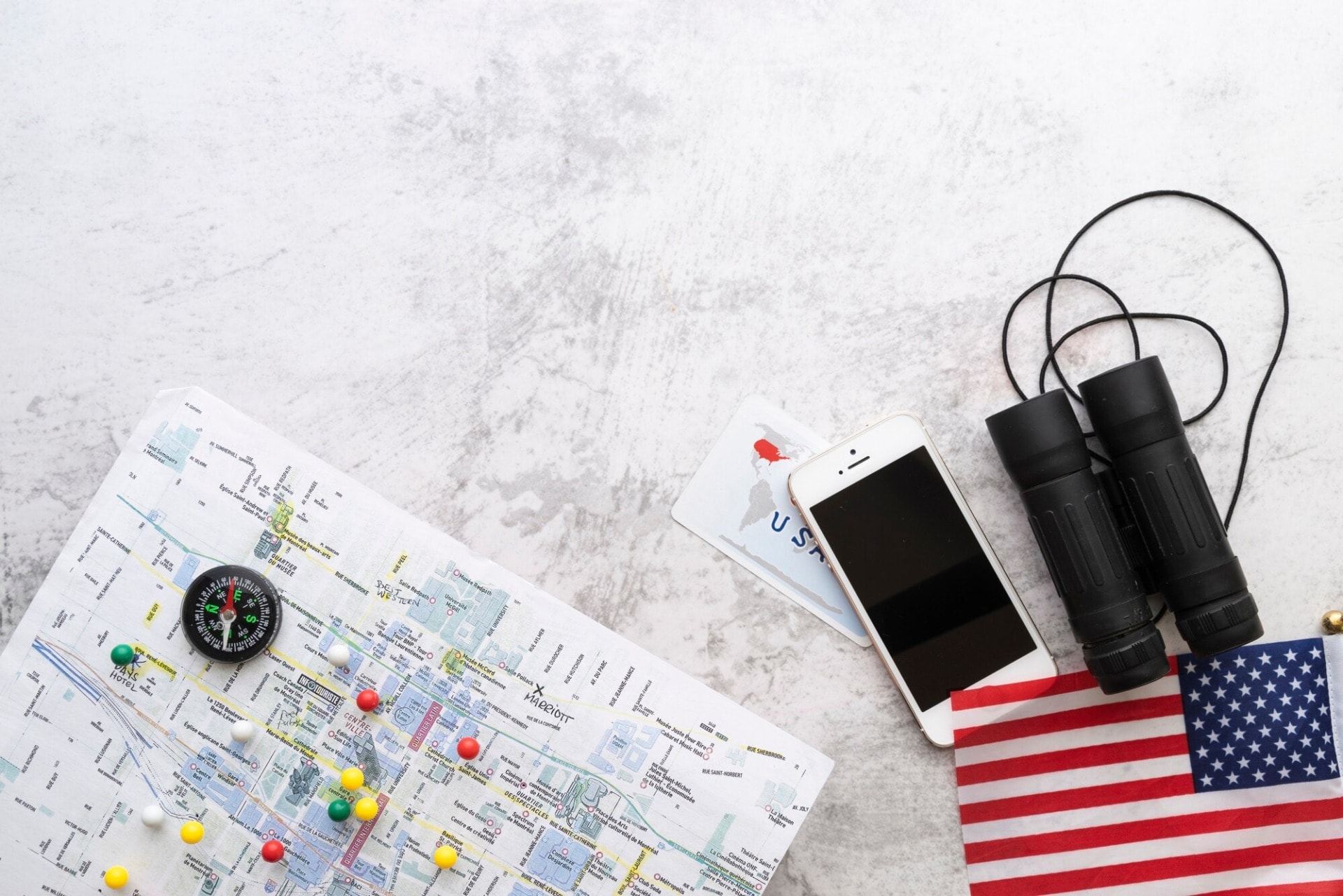EDITOR’S NOTE: THIS PIECE IS AUTHORED BY UN WOMEN AS PART OF THE SERIES “FROM WHERE I STAND”, WHICH CAPTURES PEOPLES STORIES AND THEIR DAILY SUSTAINABLE DEVELOPMENT CHALLENGES FROM AROUND THE WORLD. SEE THE FULL SERIES HERE.
I have a niece who has had the Zika virus. She’s indigenous. Women in Brazil are in a state of panic. Indigenous communities are very distant and isolated, sometimes without any means of communication. Indigenous women have not been told how the Zika virus is transmitted. They do not know how to handle outbreaks. How can an indigenous woman, who does not live in a capitalist culture, get products to prevent mosquito bites? How can these women, who do not have television or access to mass communication, learn about this virus and its transmission or prevention?
They are being hit by this virus with a total lack of knowledge.
We work to raise awareness among indigenous women, firstly about this virus, how it is transmitted and how to avoid infection; and secondly, for women who’ve already been infected, we tell them it’s not a curse but an illness like any other. For affected women, we teach them how to work with indigenous health organizations.
I do this work with COAPIMA, an organization that coordinates the indigenous organizations of the state of Maranhão. I also work with a network of indigenous youth that is using information technologies to spread information, by email, Internet and text messages. We also partner with a broader network of indigenous women across the Americas.
Maria Judite da Silva Ballerio, 21, is an indigenous woman from the Guajajajara community, Maranhão, Brazil. She is a political advisor for the Coordination of Indigenous Organizations of Maranhão (COAPIMA), raising awareness at the local level among indigenous women on health and women’s rights. UN Women is mobilizing a variety of networks and grass-roots organizations to provide information on zika and support, to prevent and minimize infection in their communities. UN Women is also providing information through mass media, including radio programmes in the Amazon region, as well as offline products, such as 50,000 flyers being shared with various networks, including Articulação de Povos Indigenas do Brasil (APIB), a national-level indigenous rights organization affiliated with COAPIMA. Sustainable Development Goal 3 aims to ensure healthy lives for all, including by ending preventable deaths of newborns and children under 5 years of age and ending epidemics including tropical and other communicable diseases.












